Tag: Ocean
-
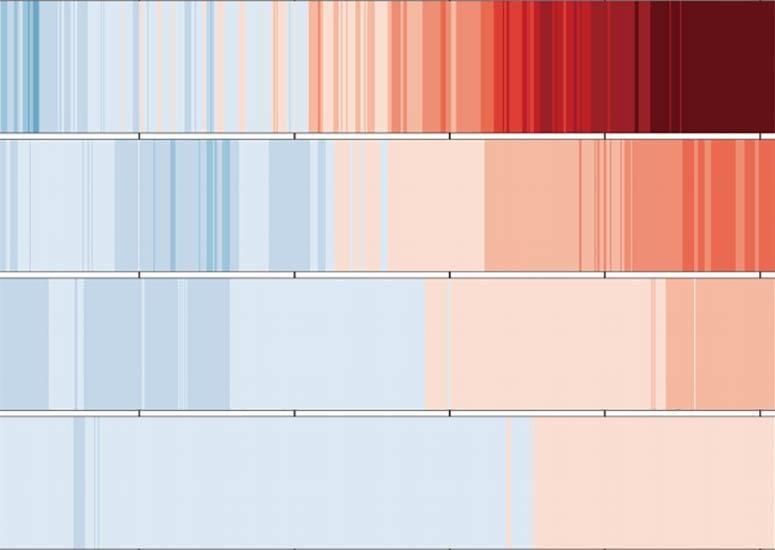
2020 was a record-breaking year for ocean heat
The temperatures in the upper 2,000 meters of the ocean hit a record high in 2020, according to a new analysis by a research team that included scientists from the National Center for Atmospheric Research (NCAR). The five hottest years for the upper ocean on record have all occurred since 2015.
- Climate
-
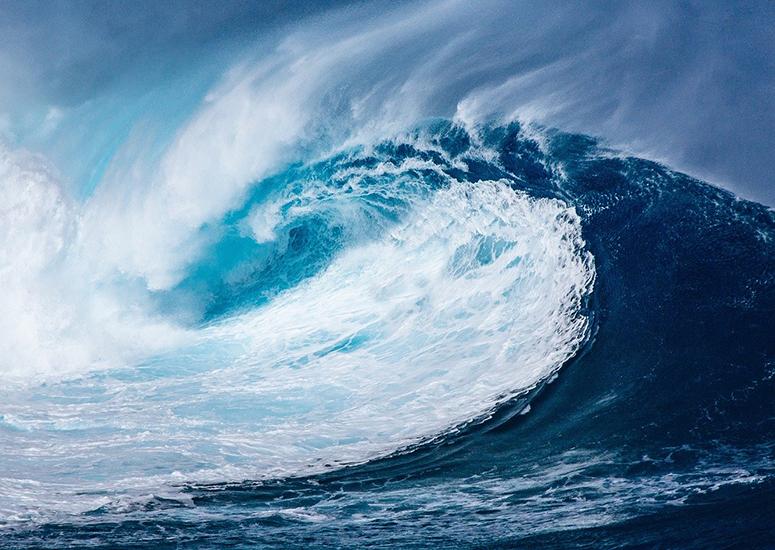
Climate change is creating a significantly more stratified ocean, new study finds
The decrease in ocean mixing could amplify warming due to human-caused climate change at the Earth’s surface, intensify ocean acidification, and impact the marine food chain, among other impacts.
- Climate
-
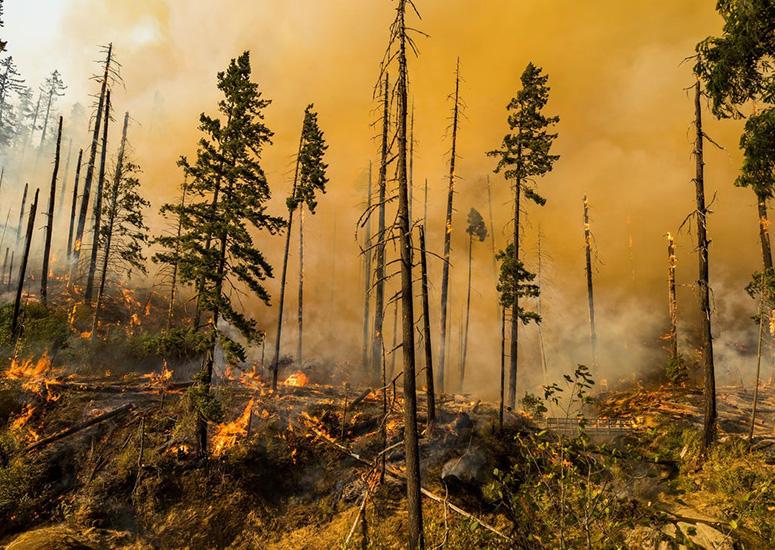
Grants will help scientists probe droughts, model fisheries
Three scientists at NCAR will lead research projects funded by a program of the National Oceanic and Atmospheric Administration (NOAA) that aims to improve our ability to better understand and predict climate variability in both the short and long term.
- Climate
-
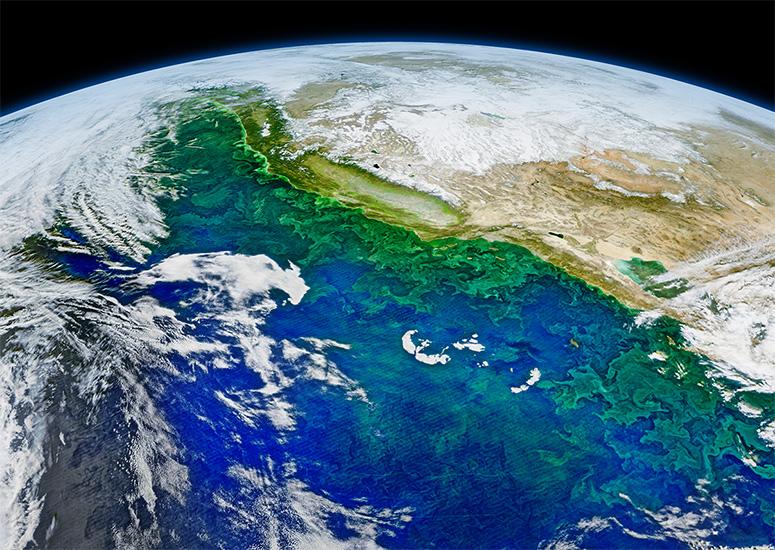
Ocean acidification prediction now possible years in advance
A team of researchers has developed a method that could enable scientists to accurately forecast ocean acidity up to five years in advance. This would enable fisheries and communities that depend on seafood negatively affected by ocean acidification to adapt to changing conditions in real time, improving economic and food security in the next few decades.
- Climate
-
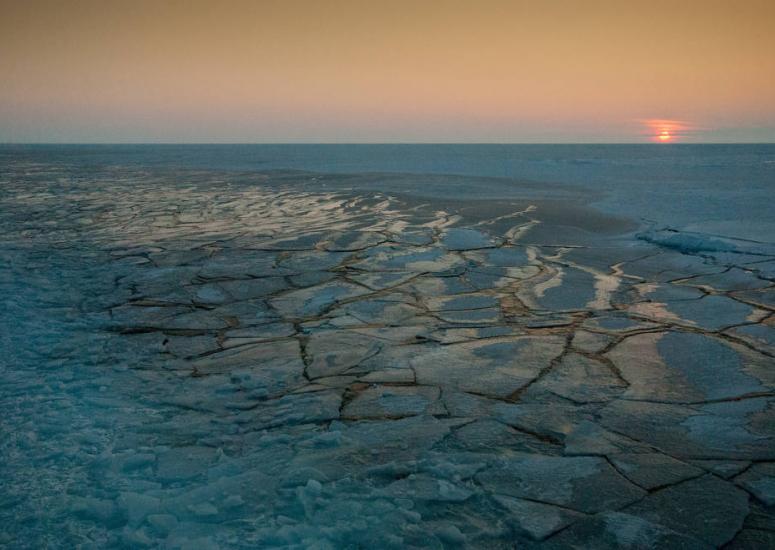
Wintertime Arctic Sea ice's long-term rate of decline slows
New research by NASA and NCAR has found that increases in the rate at which Arctic sea ice grows in the winter may have partially slowed down the decline of the Arctic sea ice cover.
- Climate
